CARLOS LERMA | THE VIDEO STORYTELLER. Inspired by YouTube videos Carlos Lerma keeps developing his writing and directing skills.
CARLOS LERMA, 18, was born and raised in Mexico. He was only 8 years old when he decided he wanted to go into the film industry. He made several short films about trips he took with his family, experimenting with basic techniques and using his Nintendo. “Since then I have liked snowballing into my career,” he says. After moving to Chicago in 2022, he began studying Film and Television at Columbia College Chicago. His short films are available on YouTube and his books are sold on Apple Books, Google Play and Barnes and Noble online.
What specific part of film do you work on?
I did some short films in Mexico where I was really a one-man show, especially during the pandemic, where I couldn’t work with anybody. But now I really just want to be a writer and director. I work with a lot of cool people who are now my friends— some do camera work and/or do editing.
How do you describe yourself and your culture?
I describe myself as a Mexican storyteller because that is me. And how it relates to my culture: I would say very truthful. Oh, and very personal, and I like to incorporate it a lot more now into my work.
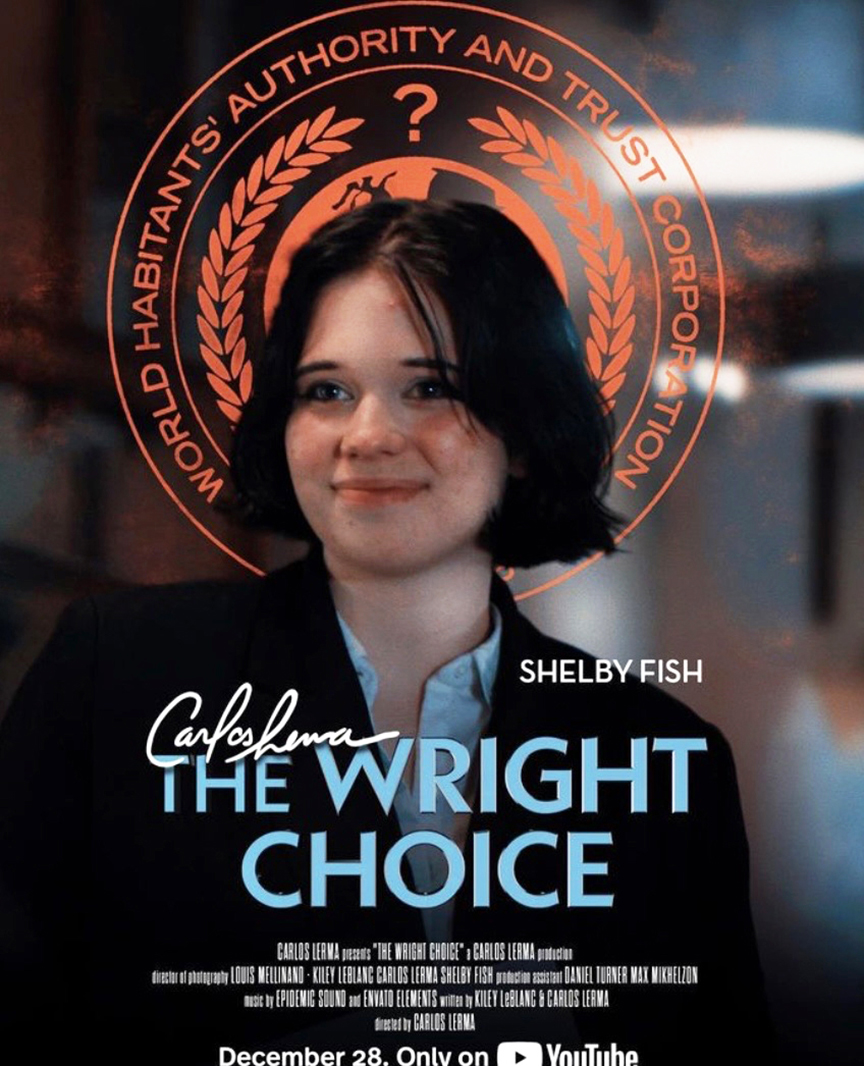
How has your identity as a Latino influenced your art?
My identity as a Latino used to be all over my work before coming to the United States. And when I came here, it was something I tried to hide a little bit because I was afraid of racism. But, over the past few months, I’ve figured that I need to use my voice for all these important issues. And my work is actually very different than a lot of other people’s. So, recently, I made a short film that is like a love letter to Mexico and especially my mom. So yeah, it comes back again like being truthful. Like just truthful personal stories.
What would you say is your inspiration or motivation? What other artists inspire you?
This is going to sound very cliché, but one of my favorite filmmakers is Guillermo Del Toro. Also, one of my favorite people who makes me want to be a professional person, I would say it’s my dad. He’s not an artist at all, but he’s a very hardworking person, also outside of his regular job.
“My identity as a Latino used to be all over my work before coming to the United States. And when I came here, it was something I tried to hide a little bit because I was afraid of racism.”
What is it like being a Latino artist in Chicago and how has it shaped you?
I love it. When I see other Latino people just making stuff and when I get to see it, I just cheer for them. Because I’ve had many Latino friends put on their films or music, or any other stuff. And I just post it everywhere I can. Yes, I just support them, and they support me. They’re very, very friendly.
How do you make your art accessible to an audience?
I put all my short films on YouTube. My books, I try to make them as accessible as possible online. All my short films are available to watch for free but for my books there’s a paywall.
What are some challenges that you have faced as a Latino filmmaker?
Specifically, as an immigrant, we cannot get actual 9 to 5 jobs easily, which is a very big challenge for me because I want to do all these things. If I want to get a cool internship, one of the first things they ask is, “Are you an immigrant? Or are you a U.S. citizen?” That deters me from actually applying to stuff. That is my biggest challenge.

Who is your target audience?
My target audience is usually just people from 17 to 29 years old, nonspecific to gender or nationality. I try to appeal to everyone. If I really had to narrow it down, it wouldn’t be targeted to that specific demographic.
How do you build your platform as an artist? Do you use social media?
I have built my social media since 2016. I started on YouTube, then moved to Instagram. On YouTube I post only my short films. I did start on YouTube back in 2016.
Tell us a little bit about your short films.
My short films are really short stories that I write, and I just want to put them out. When I was in Mexico, I did short films that really had no big plot. They were just things that I did during my free time. But when I came here, I started doing actual narrative [films] with a beginning, middle and ending. And I started doing animation and adapting my short stories into actual films. So, I want to be able to showcase that I can direct every genre, including animation, so that’s why I try to do a little bit of everything. So, I can grow as an artist even more.

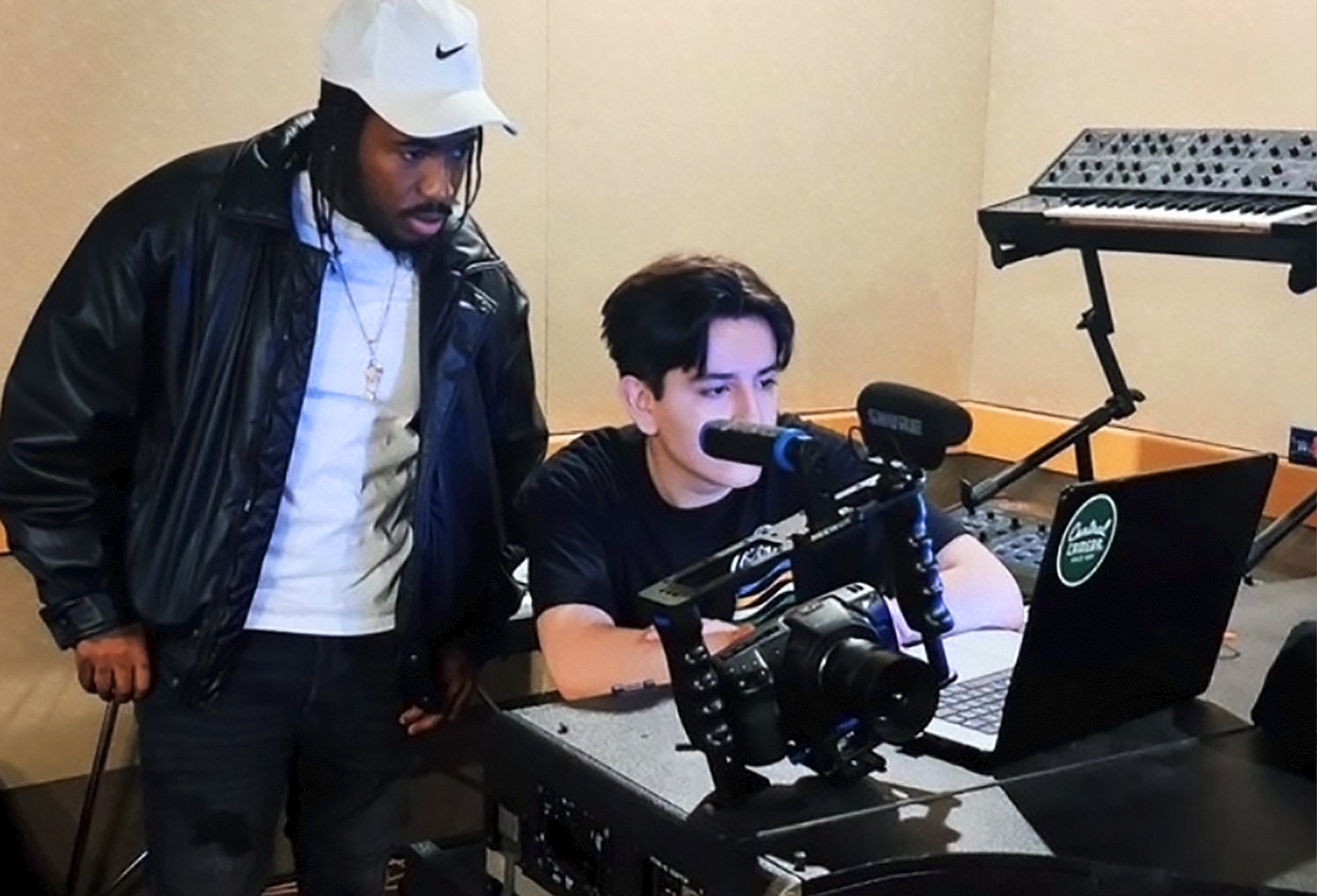

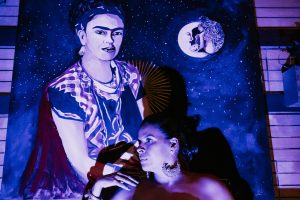
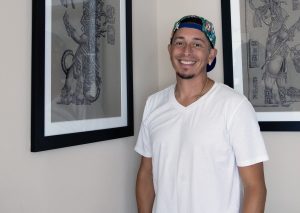
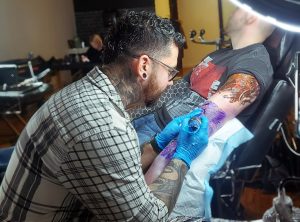
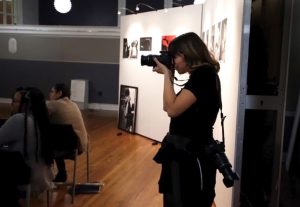
Be First to Comment